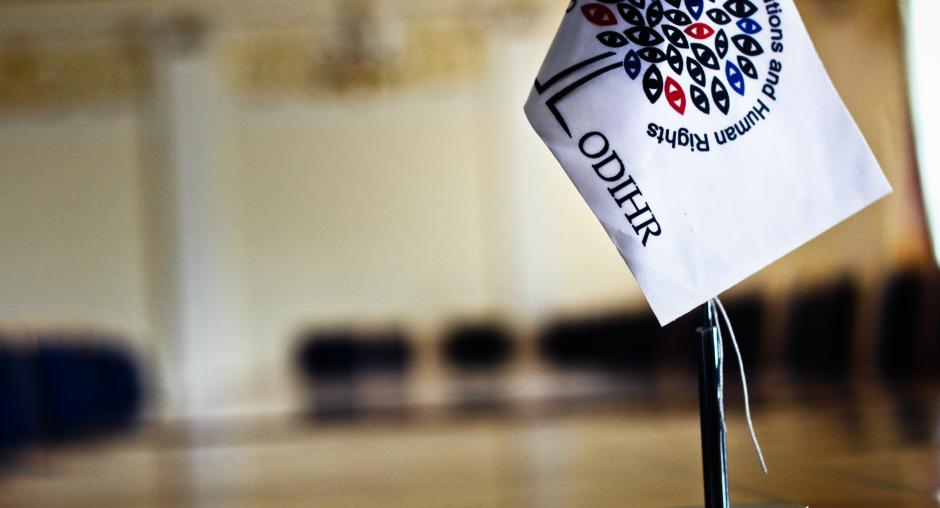ODIHR recommends observer team for Albania’s Parliamentary Elections

The OSCE Office for Democratic Institutions and Human Rights (ODIHR) has proposed a mission of 26 long-term observers and 300 short-term observers for Albania’s May 11 parliamentary elections. The team will monitor election-day procedures, including voting and vote counting, as part of efforts to ensure a transparent and credible electoral process.
Why is this important: Thirty-three years after holding its first free and fair elections, Albania has yet to experience an uncontested electoral process. At times, it appears that disputing election results has become an end in itself. Refusing to acknowledge an opponent’s victory often serves as a way to avoid recognizing one’s own defeat—and with it, accountability for the loss and the consequences that entails. The opposition has lost every single election since its victory of the 2009 elections and has claimed widespread problems in every single one, despite the fact that it was in power during at least two of them.
In this context, the OSCE-ODIHR and the broader international community have assumed the role of referees, certifying elections and pressuring the losing side to accept the outcome. Their involvement underscores Albania’s ongoing struggle to establish a culture of democratic norms where the will of the voters is both respected and undisputed.
Context: ODIHR conducted a preliminary visit to Albania from December 3 to 6. After meetings with political leaders, institutional representatives, and media outlets, the organization emphasized the importance of monitoring pre-election developments, particularly the use of state resources.
The report highlighted several key areas requiring attention, including the administration of elections, implementation of new voting technologies, campaign conduct, media and online platform coverage, campaign financing, dispute resolution, and election-day procedures.
While ODIHR acknowledged progress in addressing recommendations such as lowering the national threshold for independent candidates and restricting party leaders from running in multiple constituencies, many past recommendations remain unimplemented. These include:
- Reforming the composition of mid-level election commissions.
- Ensuring voting rights for individuals with intellectual or psychosocial disabilities.
- Decriminalizing defamation.
- Guaranteeing independent media coverage during campaigns.
- Expanding campaign finance regulations to include third-party actors.
The mission’s findings are expected to provide a critical evaluation of these and other unresolved issues, ensuring Albania’s electoral process aligns with international democratic standards.
Next steps: The ODIHR observation mission will finalize preparations for deployment ahead of the elections. Its assessment of pre-election developments and election-day activities will likely play a key role in evaluating the credibility of the May 11 elections and addressing any claims of irregularities.


